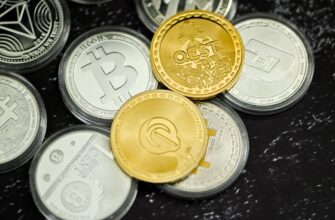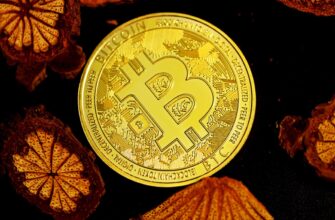With the volatility of cryptocurrencies like Bitcoin and Ethereum, stablecoins such as Tether (USDT) have become a popular way to hedge against market swings. However, the question ‘Is Tether safe?’ remains a hot topic in the crypto community. This article dives into Tether’s security measures, potential risks, and steps you can take to safeguard your holdings.
## What Makes Tether a Popular Stablecoin?
Tether is the largest stablecoin by market capitalization, designed to maintain a 1:1 peg to the US dollar. It’s widely used for:
– **Quick transactions**: Traders use USDT to move funds between exchanges or lock in profits.
– **Stability**: Unlike volatile cryptocurrencies, USDT aims to retain a steady value.
– **Global accessibility**: Tether operates on multiple blockchains, including Ethereum, Tron, and Solana.
Despite its utility, concerns about Tether’s transparency and reserves have sparked debates about its safety.
## Factors That Make Tether (USDT) ‘Safe’
### 1. Reserve Backing and Transparency
Tether claims its tokens are fully backed by reserves, including cash, cash equivalents, and other assets. Since 2021, the company has published daily reserve reports, offering insights into its holdings. As of [latest date], over 85% of Tether’s reserves are in ‘cash and cash equivalents,’ such as U.S. Treasury bills.
### 2. High Liquidity and Market Adoption
Tether’s $110+ billion market cap and dominance in trading pairs ensure high liquidity, reducing the risk of sudden depegging. Major exchanges like Binance and Coinbase support USDT, reinforcing its credibility.
### 3. Regulatory Compliance Efforts
Though not fully regulated, Tether has taken steps to address scrutiny, including a $18.5 million settlement with the New York Attorney General in 2021 and partnerships with auditing firms like BDO Italia.
## Risks and Controversies Surrounding Tether
### 1. Lack of Full Regulatory Oversight
Tether operates in a regulatory gray area. Unlike USD Coin (USDC), which is regulated by U.S. authorities, USDT’s reserves aren’t subject to mandatory third-party audits.
### 2. Past Controversies About Reserves
In 2019, Tether admitted only 74% of its reserves were backed by cash and equivalents, sparking fears of insolvency. While transparency has improved, skeptics argue the current reserve mix (e.g., commercial paper) still poses risks.
### 3. Counterparty Risk
Tether’s centralized model means users rely on the company’s ability to honor redemptions. If Tether faces legal issues or a bank run, USDT could lose its peg.
## How to Use Tether Safely: 5 Best Practices
1. **Choose Reputable Exchanges**: Trade USDT on platforms like Kraken or Bitfinex, which have robust security measures.
2. **Diversify Stablecoin Holdings**: Spread risk by holding USDC, DAI, or other regulated stablecoins.
3. **Monitor Reserve Reports**: Check Tether’s daily updates for changes in asset composition.
4. **Use Hardware Wallets**: Store large USDT holdings offline in Ledger or Trezor devices.
5. **Stay Informed**: Follow news about Tether’s legal or regulatory developments.
## FAQ: Is Tether Safe?
### Q1: Has Tether Ever Been Hacked?
Tether itself hasn’t been hacked, but exchanges holding USDT (e.g., Bitfinex in 2016) have suffered breaches. Always enable two-factor authentication (2FA) on exchange accounts.
### Q2: Can Tether Lose Its Peg to the Dollar?
Yes. In May 2022, USDT briefly fell to $0.96 amid the TerraUSD collapse. However, it quickly recovered due to Tether’s liquidity reserves.
### Q3: Is Tether Safer Than Other Stablecoins?
USDC is often considered safer due to its regulated reserves and monthly audits. However, Tether’s liquidity and adoption give it an edge in trading.
## Final Thoughts
While Tether has improved transparency and maintains significant reserves, risks like regulatory uncertainty and counterparty dependence remain. By diversifying assets and following security best practices, investors can mitigate potential downsides. Always conduct due diligence before relying on USDT for long-term holdings.








